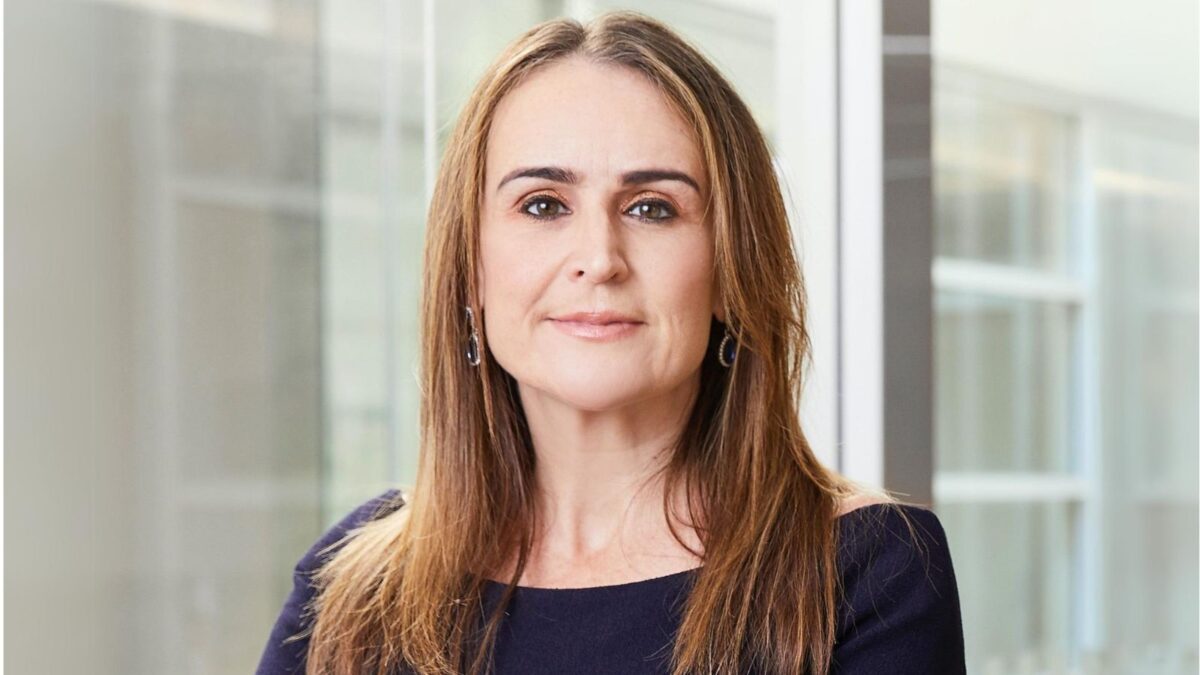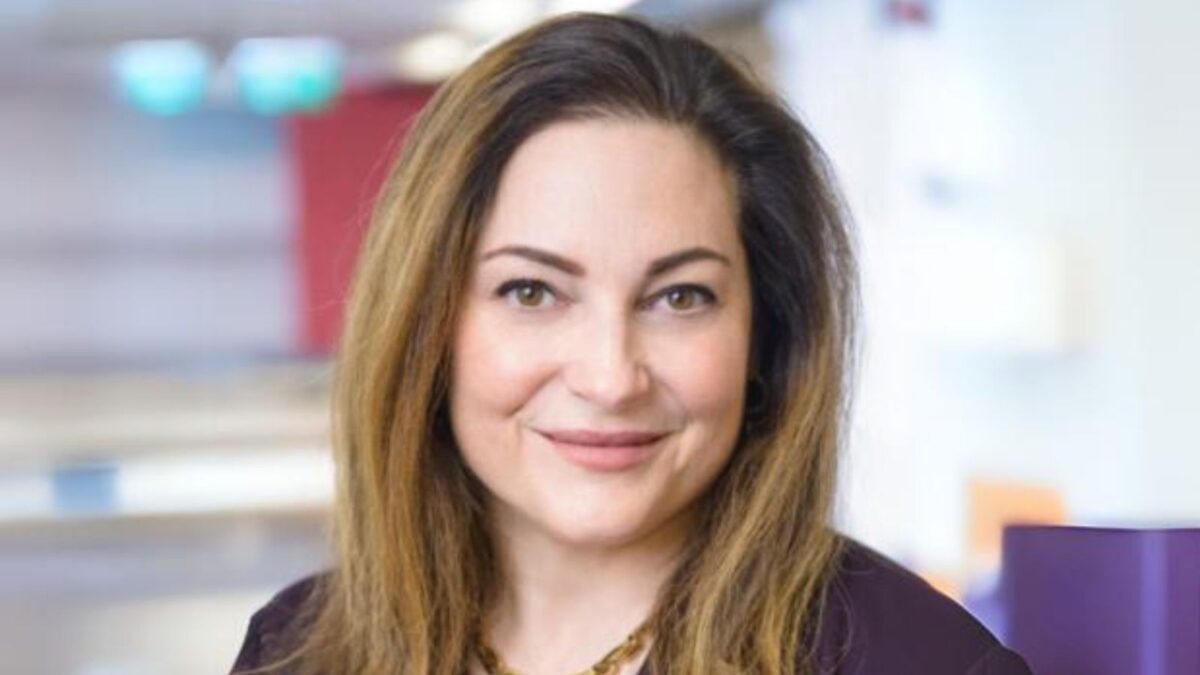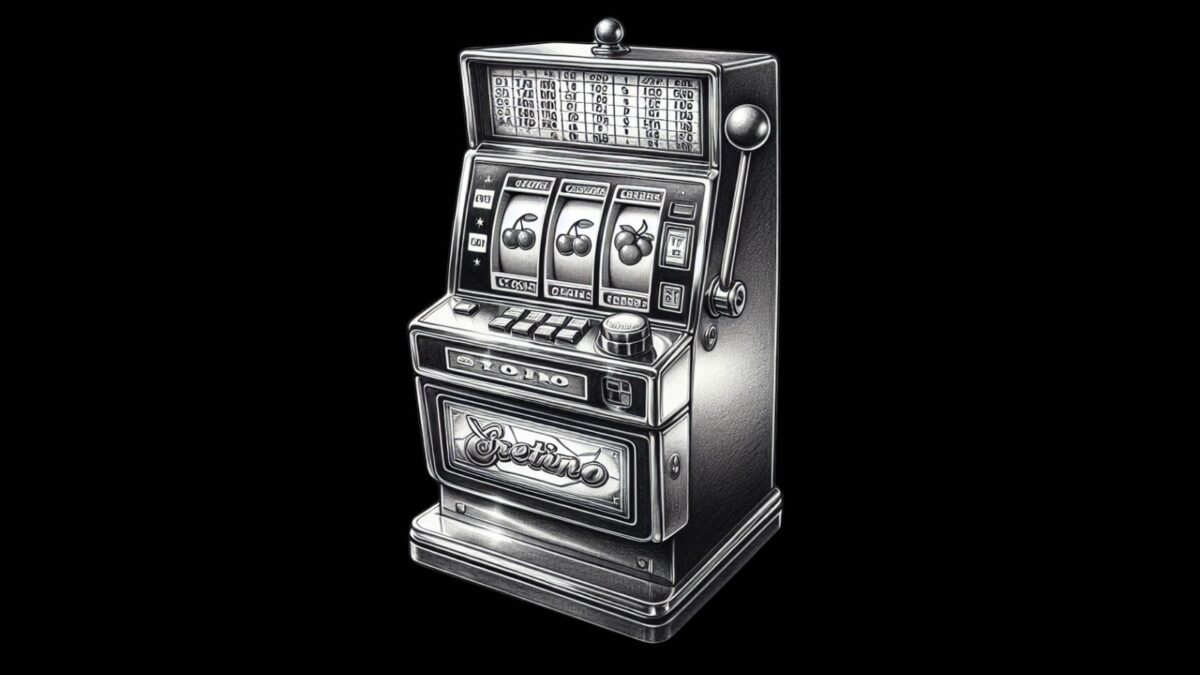Implications from the Japanese move to another QE
(Pictured: Roger Bridges)
The surprise move, the Friday before last, with the Japanese Government going to another round of quantitative easing, was not such a big surprise for Nikko Asset Management. The Tokyo-based firm was given a ‘heads up’ in September and is confident the latest initiative will prove fruitful.
Roger Bridges, the Nikko head of global strategy for interest rates and currencies, says that the initiative by the Bank of Japan, announced October 31, reflects a cultural shift in Japan.
“This is their last chance,” he said last week. “When I saw the BoJ last [in September], they were adamant there would be improvements in corporate governance and changes to the [companies’] laws… For example, they are keen to see more women on boards, they want to separate the role of chairman from CEO… They will change the tax regime to lower the corporate tax rate so companies invest more. There are a lot of moving pieces in this and from the outside it is not so clear how much will there is for change.”
Bridges, the head of fixed interest at what was known as Tyndall Investment Management, has been on the global asset allocation committee at parent Nikko for about a year. He was recently promoted to head up fixed interest and currency management for the group globally, still based in Sydney.
The down side for Australian investors, though, is that if Japan comes back, other countries will lose. “Nothing happens in isolation,” Bridges said. “The announcement is likely to have implications for Japan’s major competitors, including Germany, Korea and, of course, China. This is likely to spark a currency war in Asia as countries try to remain competitive.”
A less-publicised part of the announcement was the news that the US$1.2 trillion Japanese Government Investment Pension Fund (GIPF) will be raising its allocation to both domestic and foreign equities. The fund has been notorious for its reliance on Japanese domestic bonds for its returns – and this is the country which invented zero interest rates.
On the likelihood of a currency ‘war’, Bridges said: “The US dollar jumped to a four-year high shortly after the BoJ announcement. Markets were already nervous about the impact of US dollar strength on the US economy, which could prevent the Federal Reserve from increasing interest rates as early as had been expected. With the European Central Bank expected to be forced to start its own QE in due course, depreciation in the yen and the euro could further stay the hand of the US Federal Reserve if the economy starts to suffer as a result. In addition, the GPIF’s new asset allocations could well see buying into US treasuries and other doll-block countries.”










